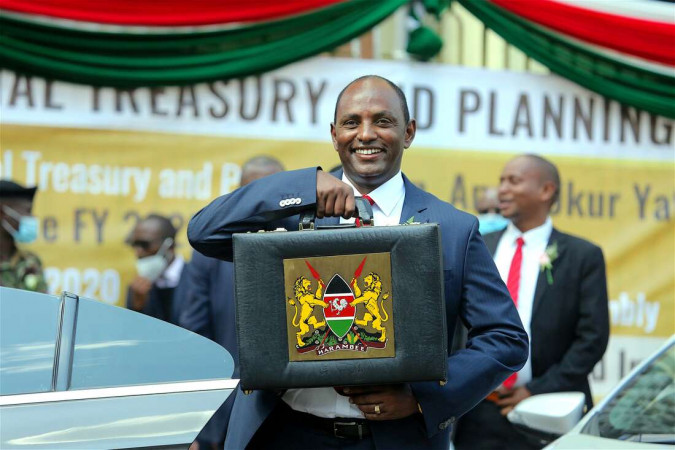Treasury throws public universities under the bus

Reform or perish! That is the message the National Treasury is unequivocally sending to public universities.
After years of pressure from the Ministry of Education and vice chancellors of public universities, the Treasury has finally told them it has no money to bail them out. It wants them to seek alternative ways of financing their operations. In other words, they are on their own!
How did the country get to this momentous financial crisis? The genesis was the uncontrolled sprouting of universities for political expediency. This surge soon surpassed the government capacity to finance them. The Treasury simply could not keep up. The surge severely compromised quality as it outstripped the capacity of the available lecturers. Universities resorted to hiring lecturers on casual basis where they flew from institution to institution, while employing masters degree holders as lecturers.
Worse, due to this pressure, lecturers have been unable to pursue research and publishing, degrading the competitiveness of Kenyan universities globally. This is a tragedy.
The Treasury has finally been forced to do what it should have done long ago- cut these universities loose. Facing its own cash crunch, it could no longer delay the inevitable. Universities must now bit the bullet.
There’ll be massive pain as these unwieldy institutions start the process of regaining fitness, but the faster they embrace the inevitable change, the quicker they will get back to viability.
The Ministry of Education must seize this chance as a golden opportunity to reimagine university education in Kenya. The Ministry must now work closely with vice chancellors to push through the drastic reforms necessary to recalibrate Kenya’s university system, and create a world class network of universities in the country.
Some universities will have to simply shut down. Others will have to reset to default when they were technical institutes that produced good quality diploma graduates. Indeed, the student population is already ahead of the curve. In the last three years, thousands of students who achieved the minimum university entry qualifications in fourth form have opted to go for diploma courses, shunning degrees.The clients are already voting with their feet.
University of Nairobi vice chancellor, Prof. Stephen Kiama, saw this coming and was first off the blocks. He dragged his university kicking and screaming into the reform ship. He continues to keep his foot firmly on the gas pedal. He clearly sees the great urgency. Vice chancellors must think outside the box.
Moi University has finally bitten the bullet and embraced the painful journey it must undertake to rescue itself from its death watch. It has announced a plan for huge staff lay offs.
All institutions that support university education must be completely reformed as well. This is especially so for the Commission for University Education (CUE) that requires a drastic overhaul. CUE is clearly overwhelmed and does not seem to have properly understood its mandate, and lacks the capacity to execute it anyway.
CUE needs to have its mandate redefined and articulated in very specific terms. It has completely failed in its current mandate.
The Ministry of Education must standardise all degree courses. Universities slashed degrees into constituent parts and offered those parts as full degrees. This borders on criminality. These watered down degrees have wreaked havoc on the country’s university system, and destroyed careers of graduates.
As for private universities, the whiplash will definitely get to them- and it will be painful.
Vice chancellors of public universities are exerting pressure on the Treasury to stop Government sponsorship of students in private universities. Indeed, if the Treasury expects public universities to look for their own funding, the same goes for private universities. If private universities don’t start drastic reforms now, they will soon be facing an existential crisis.
However, the reforms must not be undertaken in a kneejerk, panic stricken manner. The Ministry must provide the platform, resources and technical expertise to enable each university to craft a clear and timebound reform strategy with well defined targets. The goal is for each university to become a self sufficient and viable business entity that is no longer solely dependent on the Exchequer.
— gathukara@gmail.com













